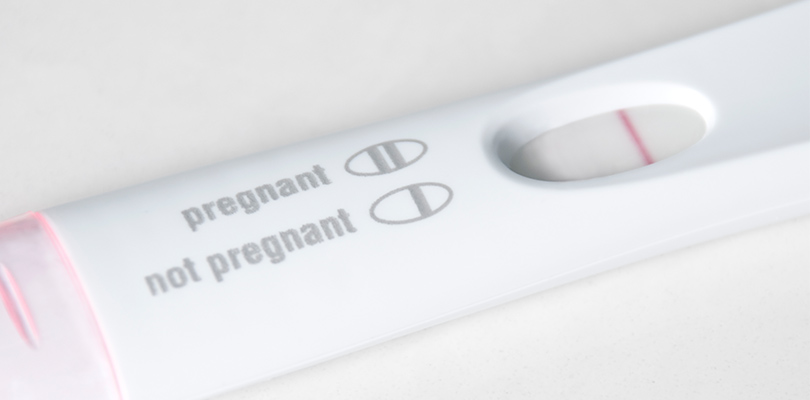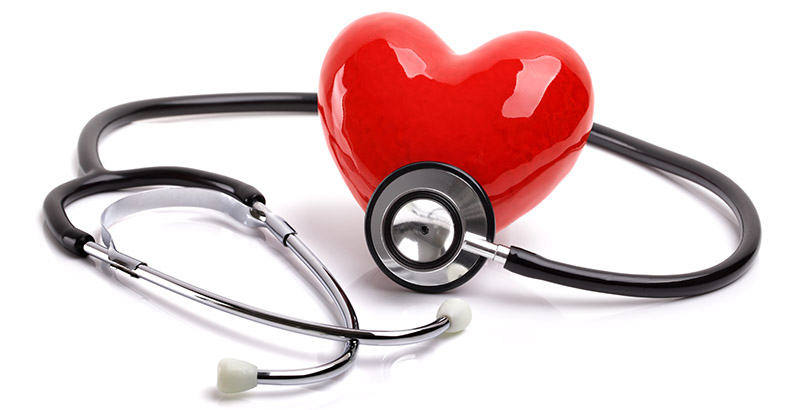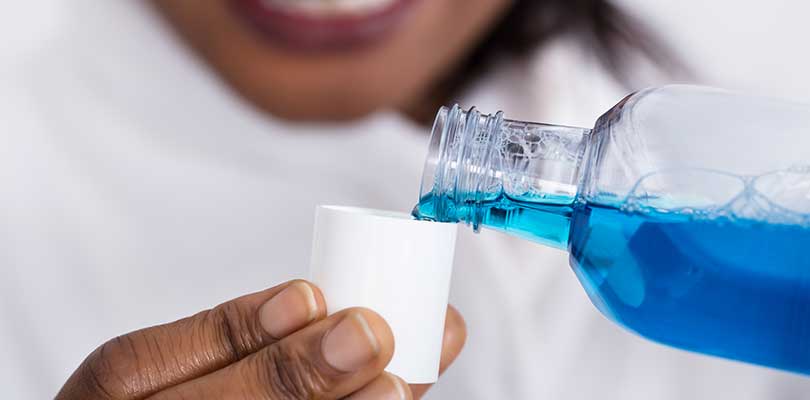Symptoms of Pancreatitis
Pancreatitis is inflammation of the pancreas, the gland located in the abdomen behind the stomach and next to the small intestine. This gland has two important functions: it releases digestive enzymes into the small intestine to help digest food and also releases the hormones insulin and glucagon, which regulate glucose levels in the bloodstream.
There are two distinct forms of pancreatitis, with different symptoms. Acute pancreatitis develops quickly and resolves relatively quickly when treated promptly. In severe cases, this condition can lead to bleeding, infections, cysts and even damage to major organs such as the heart, kidneys and lungs. The main causes of acute pancreatitis are gallstones, alcohol abuse, various prescription drugs and viral infections.
Chronic pancreatitis is a long term, persistent inflammation that often occurs after an episode of pancreatitis, often triggered by alcohol consumption. Chronic inflammation damages the gland and symptoms may be absent for years. The following symptoms suggest signs and symptoms of pancreatitis:
1. Abdominal Pain
Abdominal pain is severe in acute pancreatitis, and is felt in the upper part of the abdomen, just below the breastbone and may irradiate to the back .If the episode is caused by gallstones the pain develops suddenly and becomes extremely intense within minutes; when alcohol is the trigger, the pain aggravates gradually over a few days. The abdomen is tender and swollen. Pain becomes worse when eating, coughing, moving or deep breathing, while is ameliorated when sitting upright and leaning forward. Overall the pain is sharp and intense requiring strong painkillers (injected opioid drugs).
In chronic pancreatitis the pain can manifest in two patterns which can last for several days; it can be a persistent pain that varies in intensity, and is felt in the upper part of the abdomen; second pattern is characterized by intermittent flare-ups. Over the years, as chronic pancreatitis progresses, more cells are destroyed, and the pain may not be experienced at all in this late stage.
Coping with infertility problems can be difficult and stressful for you and your partner. Thankfully there are ways to help you during this difficult time.







